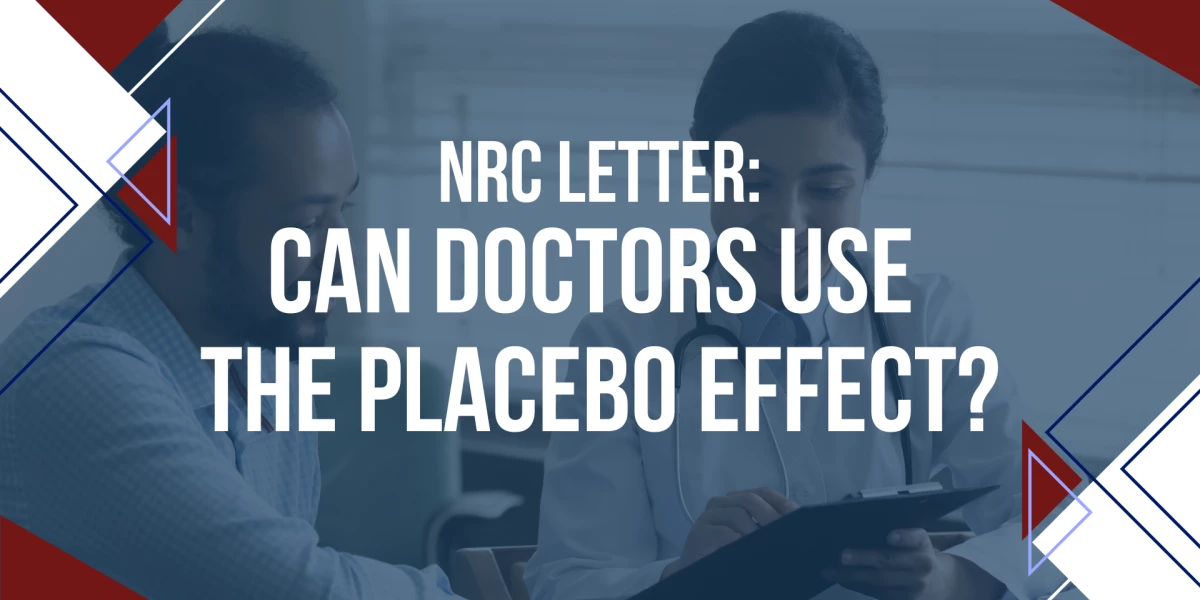Overly optimistic explanations can lead to disappointment – NRC letters
“Can doctors use the placebo effect?” Yvo Smulders asks (24/5). My colleagues at the Center for Interdisciplinary Placebo Studies and I would like to respond to this question in this NRC letter. Placebo and nocebo effects are expectation effects that occur consciously or unconsciously and positively or negatively influence treatment outcomes. Placebo effects are present in every action and explanation by a healthcare provider during a consultation, making them a standard element of every treatment.
That is why it is important for healthcare providers to be aware of the fact that treatment effects can be enhanced by placebo effects and that they should use these appropriately in healthcare. The question remains how these effects can be optimally and ethically used. Fortunately, there are solutions for this, such as making placebo and nocebo effects discussable. For example, by emphasizing to the patient the importance of their commitment to the treatment. Or by explaining, prior to discussing the risks of a new treatment, the human tendency to better remember negative information.
Fortunately, placebo effects also work when patients are aware of these effects. An empathetic attitude from the doctor can also enhance placebo effects, as long as expectations about the treatments remain realistic. An overly optimistic explanation can actually lead to disappointment and may damage trust. Enhancing placebo effects and reducing nocebo effects certainly benefits care, but openness and nuance are very important aspects in this regard.
Andrea Evers
on behalf of the staff at the Center for Interdisciplinary Placebo Studies (IPS), Leiden University

